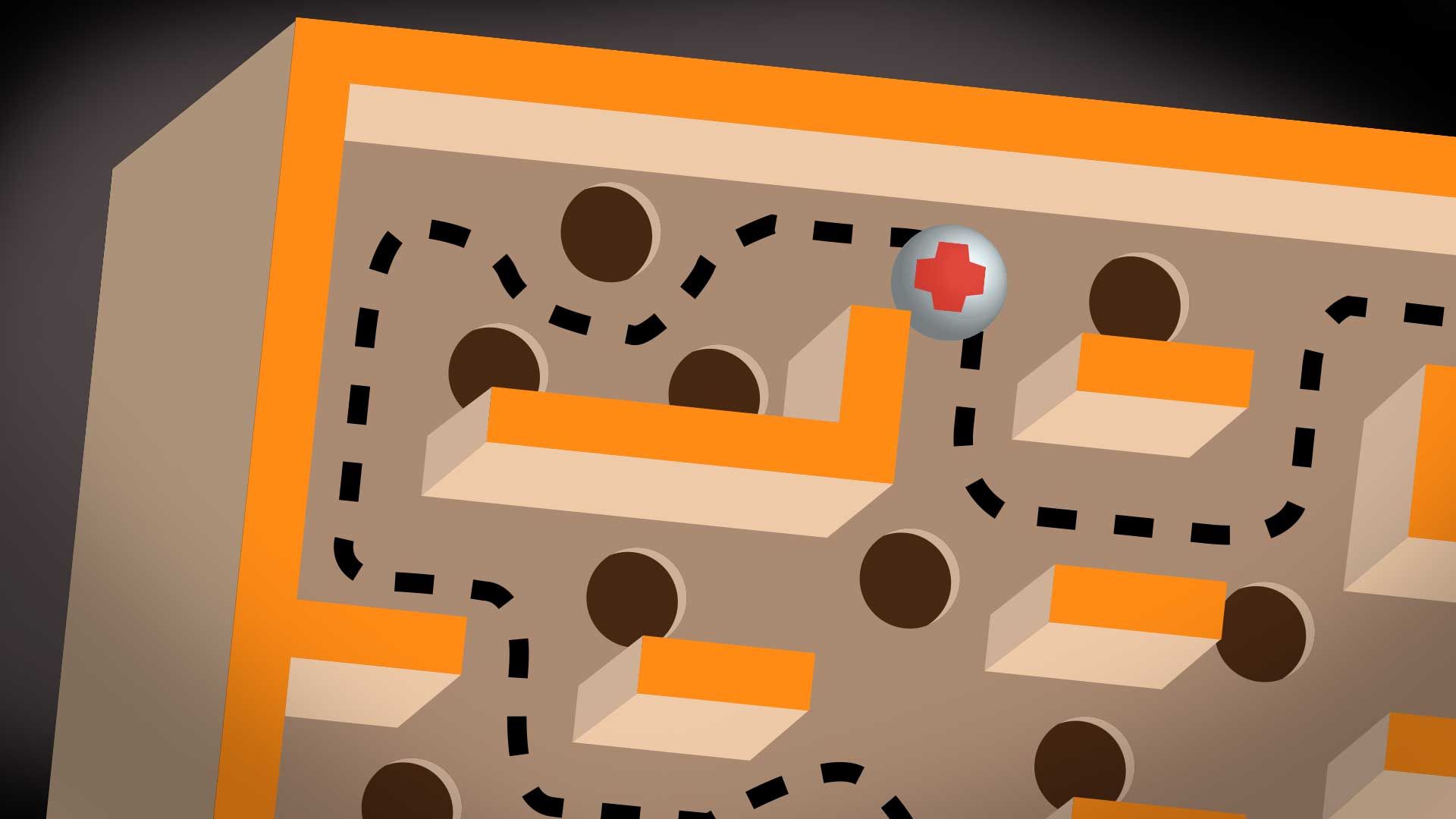Mounting Verdicts Put Pressure on J&J’s Financial Position

- Damning verdicts dent confidence in Johnson and Johnson
- Analysts wary of billions in losses from consumer lawsuits
- J&J Reports more than 90,000 unresolved product liability claims
Billion-dollar verdicts and scathing judicial rulings are taking a very public toll on pharmaceutical giant Johnson and Johnson. Notable financial writers have been raising alarms about JNJ as the company has been taking a beating in courts around the country over serious injuries claimed by consumers from the company’s baby powder, opioid sales, Risperdal and other prescription drugs and products.
“Will Legal Problems Bankrupt Johnson & Johnson?” a recent Motley Fool headline asked on July 2, 2020. “There's a real risk that as these fines pile up, they could end up bankrupting the company,” TMF writer David Jagielski warned in the article.
“Is JNJ Stock A Buy?” an Investor.com headline asked on July 24, 2020. “No, JNJ stock is not a buy right now,” writer Allison Gatlin answered.
“If you aren’t already long JNJ stock, you may want to remain on the sidelines and wait for the shares to drop,” wrote Tezcan Gecgil, contributor to InvestorPlace, on January 10, 2020.
Negative headlines about losing jury verdicts are having a “snowball effect,” Alastair Pickering, co-founder of Alva, a company which studies corporate reputations, told Beth Snyder Bulick for an article in October 2019 in FiercePharma.
“These are no longer things that can be seen as isolated one-off incidents and are now a pattern with a series now in close proximity to one another,” Pickering said.
FiercePharma, that same month, reported that investors already had factored in $50 billion in potential legal liability, leaving share prices at an historic low.
Despite legal difficulties, Johnson & Johnson is one of only two US companies, along with Microsoft, to maintain a top AAA credit rating with Moody’s Investor Service. On August 20, 2020, JNJ leveraged its high rating to borrow $7.5 billion, with most of the money going to buy out Momenta Pharmaceuticals of Cambridge, Massachusetts and gain a foothold into new treatments for autoimmune diseases.
Moody’s gave the debt financing a triple A rating but with a “negative outlook,” according to Joy Wiltermuth at Marketwatch. The negative outlook was due to “risks tied to ‘unresolved litigation involving opioids and talc,’ that could constrain free cash flow ‘over multiple years,’” Marketwatch reported.
The negative outlook also reflects “reduced capacity at the current rating level for additional acquisitions beyond Momenta while litigation remains unresolved,” according to Yahoo News.
In recent years, Johnson and Johnson has been working its way through more than 100,000 consumer lawsuits.
According to Forbes magazine, JNJ’s litigation expenses have been rising for several years, from $141 million in 2015 to around $2.0 billion in 2018, an average growth rate of 197%.
A recent decision in one of the talcum powder lawsuits raised speculation about how badly the litigation might hurt the company.
In June 2020, a Missouri judge let stand a reduced $2.1 billion verdict against J&J for 22 women who claimed the company’s talc powders were tainted with asbestos and caused their ovarian cancer. In a blistering opinion, an appellate court wrote that, "viewing the evidence in the light most favorable to the verdict, we find plaintiffs proved with convincing clarity that defendants engaged in outrageous conduct because of an evil motive or reckless indifference."
David Jagielski in The Motley Fool wrote that JNJ, with 2019 profits of $15 billion, can survive a $2.1 billion verdict.
“But that can change in a hurry, especially if the courts aren't convinced that J&J has been doing a good job of protecting its customers, as the recent Missouri ruling suggests. And there are many more cases that are likely to come forward, with more than 19,000 current lawsuits related to its talc products and their role in causing cancer,” Jagielski wrote.
“There's no formula or multiple that can help predict how much J&J will have to pay out over the years due to the lawsuits it's facing,” Jagielski wrote. “But one thing's for sure: The more lawsuits the company faces, the more likely its financials will take a big hit sooner or later.”
In November of 2019, a Philadelphia jury slammed J&J with a massive $8 billion punitive damages award in the ongoing Risperdal litigation. A judge later reduced that award to $6.8 million, which is ten times the $680,000 compensatory award granted to the plaintiff in an earlier trial. On September 1, 2020, however, the Supreme Court of Pennsylvania shot down J&J’s last appeal to vacate a much larger $76 million compensatory verdict, setting the stage for a new trial on punitive damages. The case is just one of more than 13,000 Risperdal claims J&J reported in it’s 2020 10-K filing.